Half-light Published by Arc Publications, Nanholme Mill, Shaw Wood Road Todmorden OL14 6DA, UK www.arcpublications.co.uk
Translation copyright Peter France 2015 Copyright in Introduction Peter France 2015 Copyright in the present edition Arc Publications 2015
978 1908376 88 6 (pbk) 978 1908376 89 3 (hbk) 978 1908376 90 9 (ebk)
Design by Tony Ward Cover design by Tony Ward Printed by Lightning Source
ACKNOWLEDGEMENTS There are one or more variant versions for many of the poems printed here. With a small number of exceptions on points of detail (notably in the poem Rhyme), the translations have been made from the one-volume edition of Baratynskys poems edited by L. G. Frizman and published in the Novaya Biblioteka Poeta collection (St Petersburg, 2000). Earlier versions of some of the translations appeared in Fulcrum , Cardinal Points , International Literary Quarterly , The Penguin Book of Russian Poetry (ed. R.
Chandler, 2015) and European Romantic Poetry (ed. M. Ferber, 2005). The translators thanks go to all those who have helped and encouraged him in this labour of love, in particular Robert Chandler, Boris Dralyuk, Ilya Kutik, Irina Mashinski, Sin Reynolds and Antony Wood.
This book is in copyright. Subject to statutory exception and to provision of relevant collective licensing agreements, no reproduction of any part of this book may take place without the written permission of Arc Publications.
Arc Classics: New Translations of Great Poets of the Past Series Editor: Jean Boase-Beier Yevgeny Baratynsky Half-light AND OTHER POEMS
Translated and introduced by PETER FRANCE
 2015 To the memory of my dear friend and co-translator, the poet Jon Stallworthy CONTENTS
2015 To the memory of my dear friend and co-translator, the poet Jon Stallworthy CONTENTS
/ HALF-LIGHT OTHER POEMS INTRODUCTION
Among the great figures of Russian literature, Yevgeny Baratynsky is one of the least known outside Russia. Why this should be so is rather mysterious.
Partly it must be due to the purgatory that he suffered for some sixty years after his death in 1844 and again in post-Revolutionary Russia, where it was only in the last third of the twentieth century that he came into his own as one of the outstanding poets in the language. Whatever the cause, for the most part he has been published in English in a fragmentary way. And yet there is a lot that might attract foreign readers to his poetry. Of all European writers of the time, he seems closest to Giacomo Leopardi, long considered one of Italys greatest lyric poets. Leopardi, born in 1798 and dying in 1837, was an almost exact contemporary of Baratynsky (1800-1844), and there is much in the clear-sighted, bleak vision of man and society in the Canti that reminds one of the poet of Half-light : the historical pessimism, the noia (something like Baudelaires spleen ), the awareness of human fragility and ephemerality, but also the idealism and the vital honesty and magnanimity. The parallels are not exact of course.
Leopardis poetic language, with its unprecedented exploration of freer verse forms, is quite different from that of the classicist Baratynsky, for whom metre and (usually) rhyme gave strength and permanence to poetry. And although both came from noble families that were removed from real power, Leopardis situation in post-Napoleonic Italy was poles apart from the Russian poets experience of post-Napoleonic Russia. Their private lives, too, though both difficult, evolved in quite separate ways. Yevgeny Abramovich Baratynsky (sometimes spelled Boratynsky) was born in the first year of the new century on the family property in the Tambov region of central Russia. His father, losing the favour of Tsar Paul I, went to live in the country, devoting himself to improving his estate and creating a beautiful garden. R. R.
Barratt [The Hague, 1973]). The boy was at first educated by tutors at home, but after his fathers death in 1810, he was given a place at the School of Pages, an elite boarding school in St Petersburg. To all appearances, his future was assured. His school days, in which he discovered a love for literature and the desire to be a poet, were cut short by an event that changed the course of his life. Whether in emulation of the Robin-Hood activities of the hero of Schillers Die Ruber (as he later claimed) or simply to buy good things for his sixteenth birthday party, he and a classmate stole a substantial sum of money from another classmates father; they were immediately found out, disgraced and expelled from the school. A career as an officer was now closed to Baratynsky, especially in view of the personal disfavour of the tsar.
Even so, after a period of suicidal depression, he decided to attempt to rehabilitate himself by enlisting as a private soldier. His conditions of service were in fact quite favourable. At first he continued to live in St Petersburg, where he was one of a circle of highly gifted poets (later to be considered as the Pliade of the Golden Age), including Aleksandr Pushkin, for many years a friend and ally, and his particular friend Anton Delvig. Before long he was transferred to Finland, but even here he was able to make frequent visits to St Petersburg unlike Pushkin, who was at the same time exiled to the distant South for four years. Baratynskys view of Finland was a Romantic one, full of granite cliffs and waterfalls his affecting long poem, Eda, set among Finnish country people, is a northern equivalent of Pushkins verse tale of the tragic love of a Russian soldier and a village girl, The Prisoner of the Caucasus and Pushkin thought highly of his rivals poem. The years spent in Finland were in fact very productive of verse, much of it published, sometimes with cuts imposed by the censor, in advanced St Petersburg journals.
At this time Baratynsky was close to the young writers and officers who embraced the Decembrist cause, yet he himself, though he sympathised with their radical ideas and aspirations, held back for the most part from direct political commitment, as some of the Decembrists noted in their unfavourable reactions to Eda. In May 1825, after nine years of disgrace, and just a few months before the ill-fated December uprising against the newly crowned tsar Nicholas I, Baratynsky was finally pardoned and promoted to officer rank. At the end of the same year, he retired from the service and moved to Moscow to be near his ailing mother. The following year he married Nastasya Lvovna Engelgardt, and for nearly twenty years the couple lived principally in Moscow or in nearby Muranovo, an estate belonging to Baratynskys wife. The marriage was a happy one, but this was a difficult period for Baratynsky, particularly the years between 1833 and 1842. In Moscow, then rather a provincial city, he was far from the centre of the literary world; he wrote to a friend in 1825: The fate I can anticipate will be like the monotonous Russian plains, covered in snow as they are now, and presenting an eternally melancholy prospect.
Worse than this, in the wake of the failed Decembrist coup Russia was in the grip of despotic rule and political repression, and the general feeling of hopelessness naturally communicated itself to a sensitive and idealistic spirit such as Baratynsky. In addition, he found himself uncomfortably torn between the two ideological camps that struggled over Russias future, the Slavophils and the Westernizers. At the end of the 1830s he wrote to another correspondent: These last ten years of existence, which seem at first glance to have nothing special about them, have been for me more burdensome than all my years of confinement in Finland. But they were also productive years, the years of his best poetry. He found new literary allies, and a new inspiration in the work of German philosophers. His first volume of poetry was published in 1827, followed by a much larger collection in 1835 the latter in two volumes, the first devoted to short poems, the second to longer ones such as Eda and the satirical, yet elegiac Feasts.
Next page
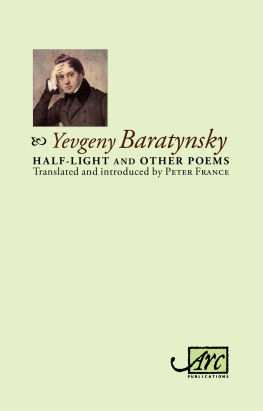
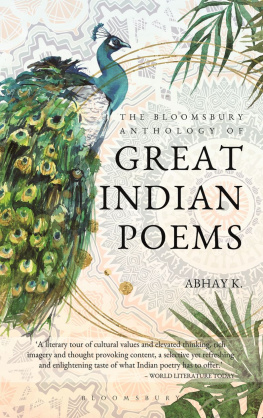
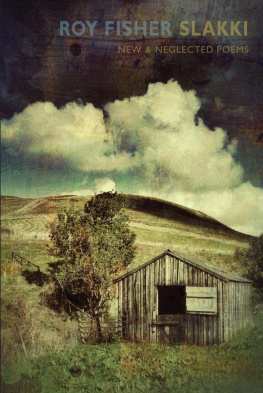
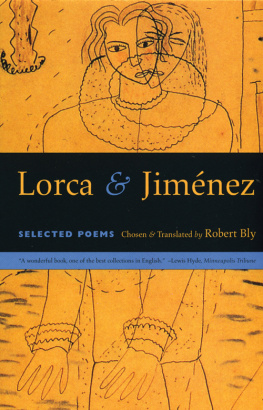
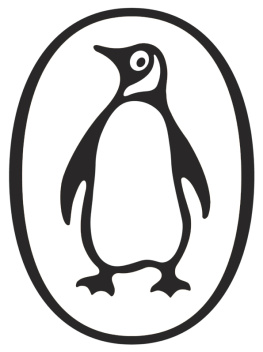
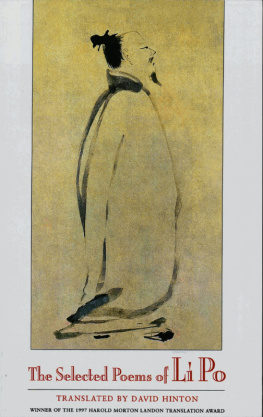
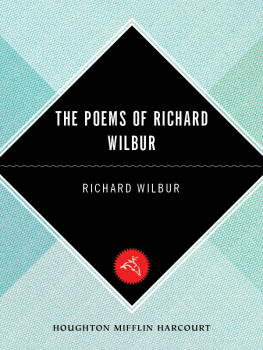
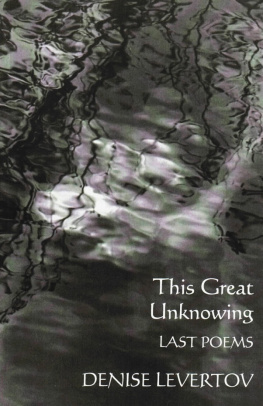
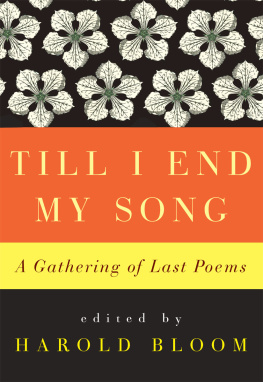
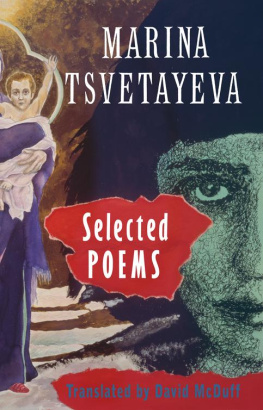

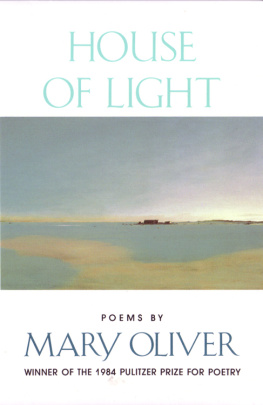
 2015 To the memory of my dear friend and co-translator, the poet Jon Stallworthy CONTENTS
2015 To the memory of my dear friend and co-translator, the poet Jon Stallworthy CONTENTS